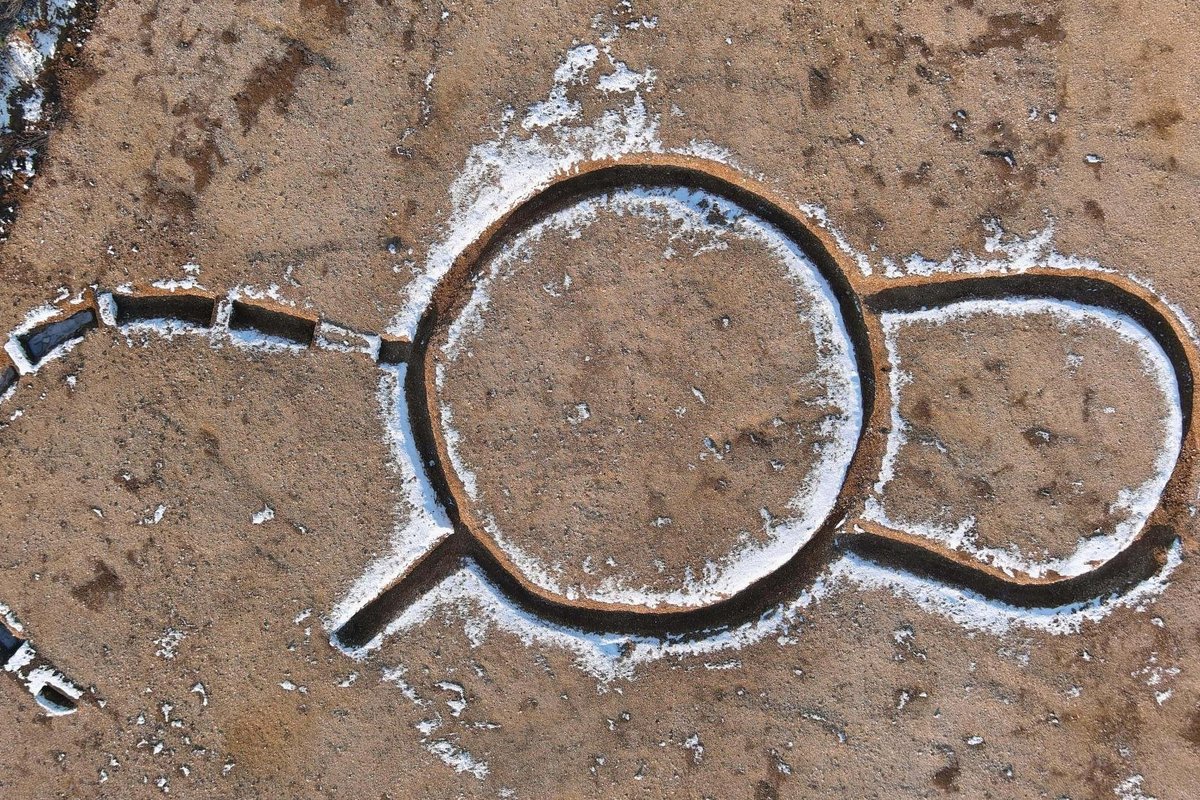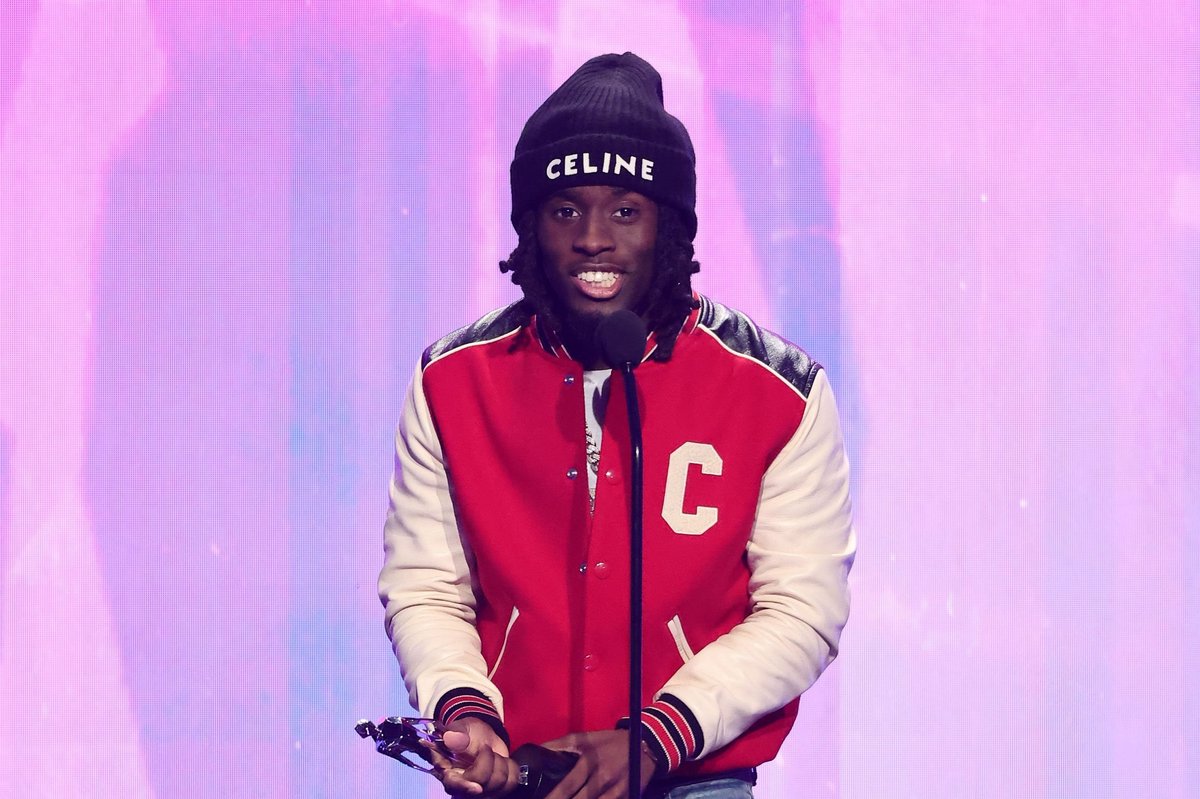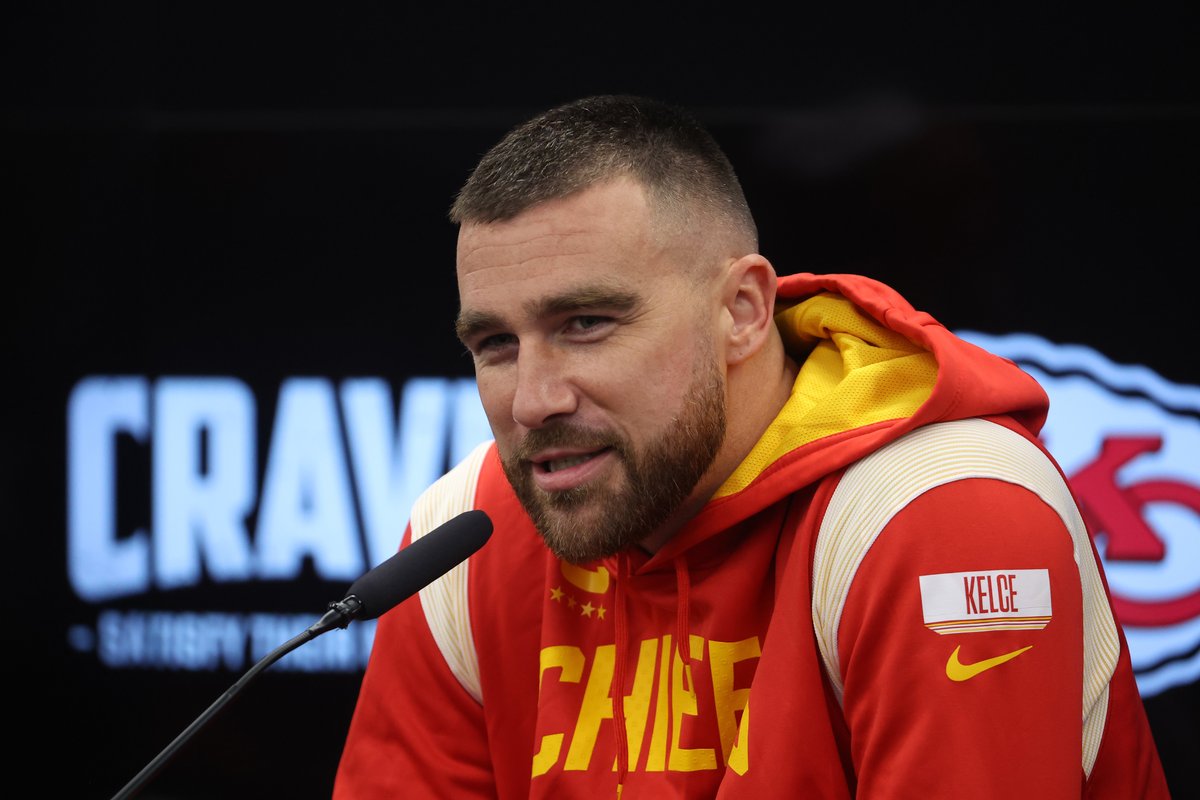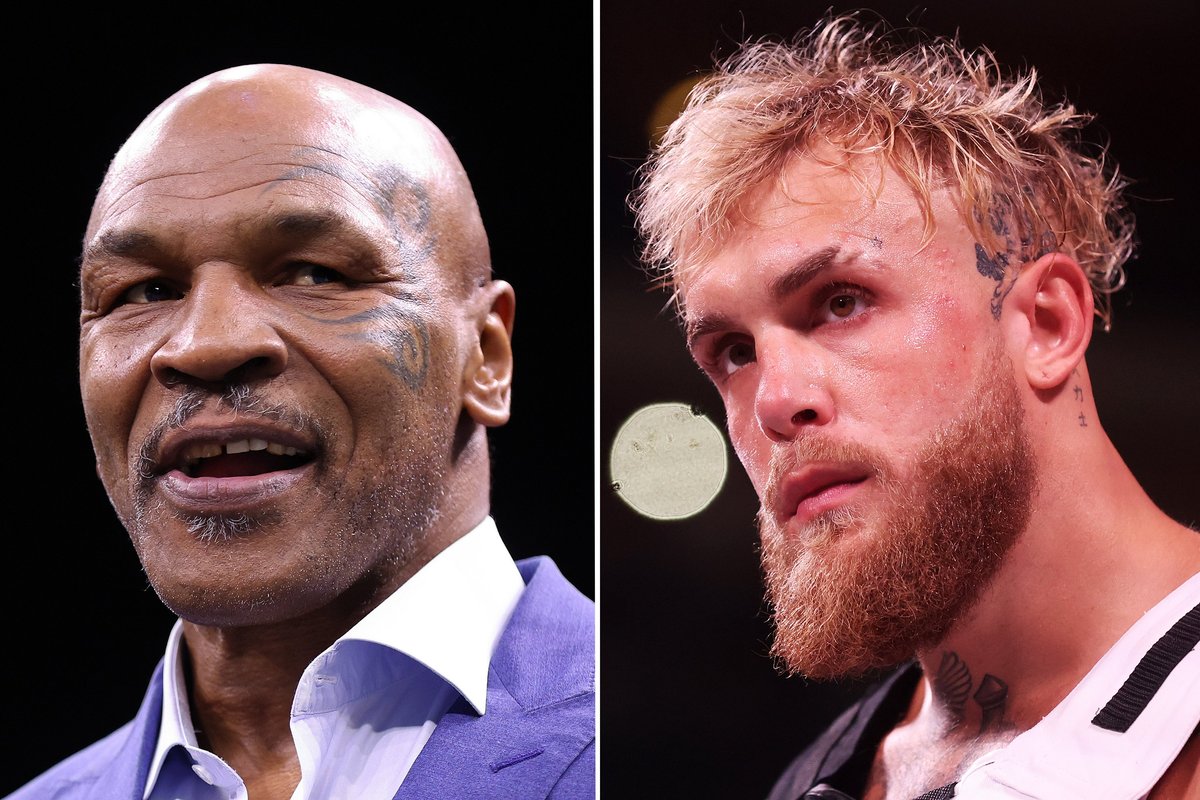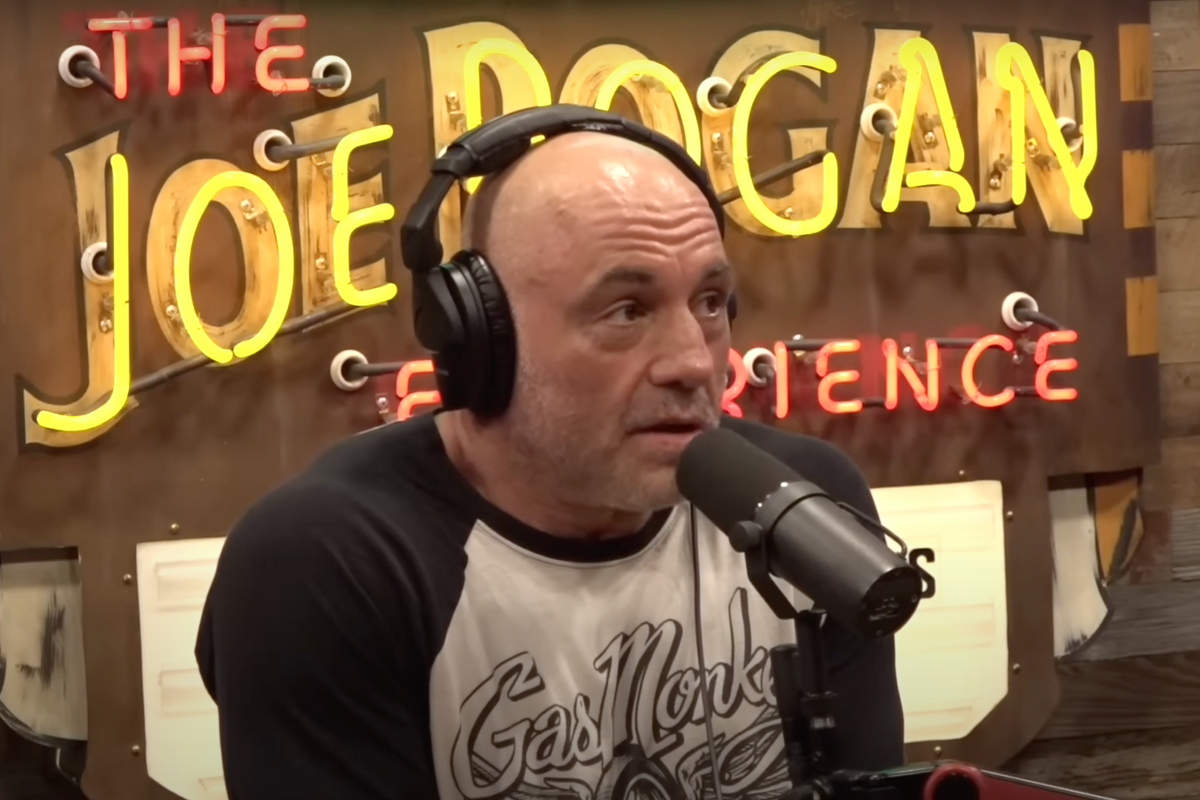Viral
Mimi Launder
Jul 15, 2018
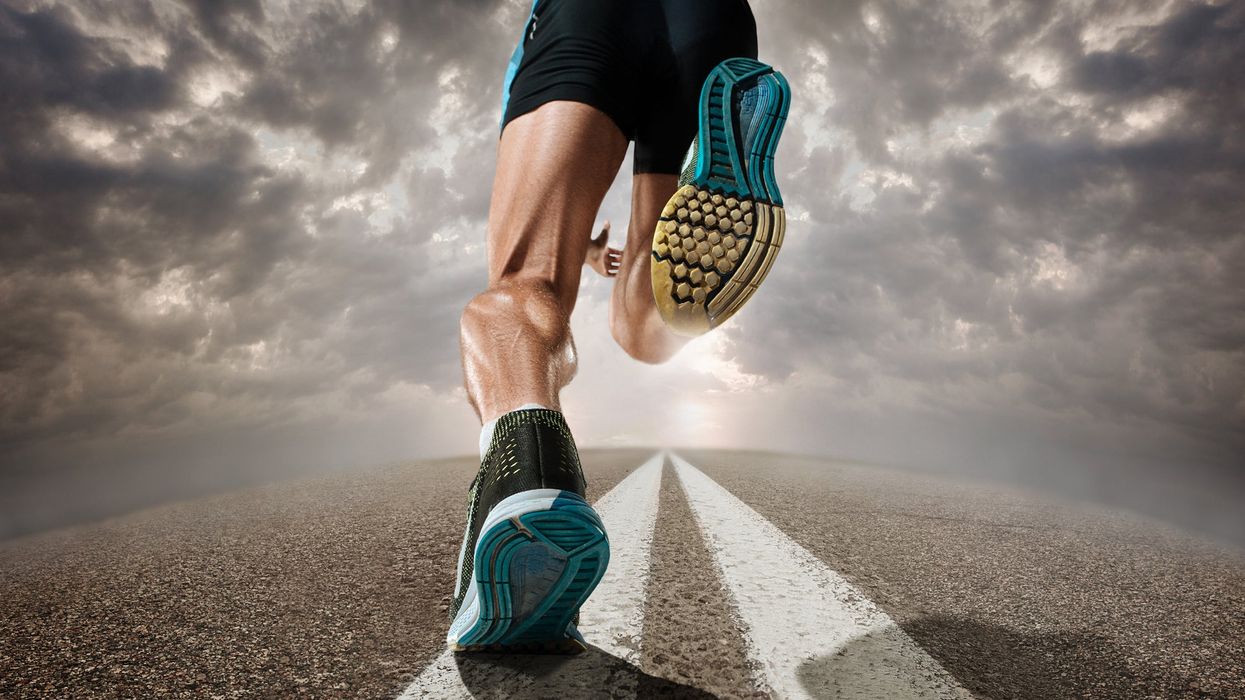
Picture:
iStock / anton5146
With the UK government launching a full public consultation of the Gender Recognition Act, transgender rights have rarely been so under the spotlight.
It is a groundbreaking moment for trans people - but with the process is anything but rewarding.
While trans rights activists welcome the proposed removal of dehumanising barriers to legally recognising trans people's gender, some radical feminists believe that the proposed reforms to the act threaten women-only spaces.
Tempers flare, too, when it comes to sport, with some arguing that trans athletes - particularly those competing as women who don't take estrogen - have an unfair advantage over their competitors.
But amid the heating up conversation over self-identification, the unique hurdles that trans athletes have to overcome are often overlooked.
Sporting events are increasingly welcome to trans athletes. Earlier this year, the Boston Marathon announced trans runners would be able to compete as their self-identified gender.
But many races - including Boston, New York and Chicago - require registrants to show a government ID with the same name and genders as their application forms, an obstacle for those who haven't legally changed their gender.
The Olympics allowed athletes to compete without gender confirmation surgery after revisiting its guidelines ahead of the 2016 Rio Games.
But the competition still required female transgender registrants to prove their testosterone levels did not exceed a certain amount, which may require surgery or medication (and experience often harmful or inconvenient side-effects).
Though they are also increasingly thriving, trans bodybuilders face several challenges that mean 'passing' as your gender is particularly tricky, given the sport's focus on aesthetic.
But FTM Fitness World - the leading authority on trans bodybuilding - is here to help, with a TransFitCon competition in Atlanta that is open to everyone.
One attendee praised the event, saying:
I am occupying a space that not many people get to. I am a part of a radical social movement. I am building myself from the ground up, physically, emotionally and spiritually. And I am walking a path that only a few others walk.
In the UK, there is no sign yet of an equivalent, though trans bodybuilders do compete in mainstream competitions.
After all, the trans community - two-fifths of who avoid public toilets, gyms and leisure facilities - have so much to gain from increased representation in sport.
Neo Sandja, who founded FTM Fitness World, told CNNhe tried to kill himself after realising he was trans, terrified his father would never accept him as a man.
Now, he runs a groundbreaking blog, resource and community. For him, bodybuilding is as much about mental health as it is about physical health. He told the publication:
For me, it's important to be visible in the fitness world and the bodybuilding world so you can see you can be a 'normal' person, but you can also be proud to be trans."
You can learn more in the infographic below, created by nutritionist Erny Peibst.
More: Just 13 per cent of Conservative voters agree with Theresa May's transgender policy, poll finds
Top 100
The Conversation (0)
x






